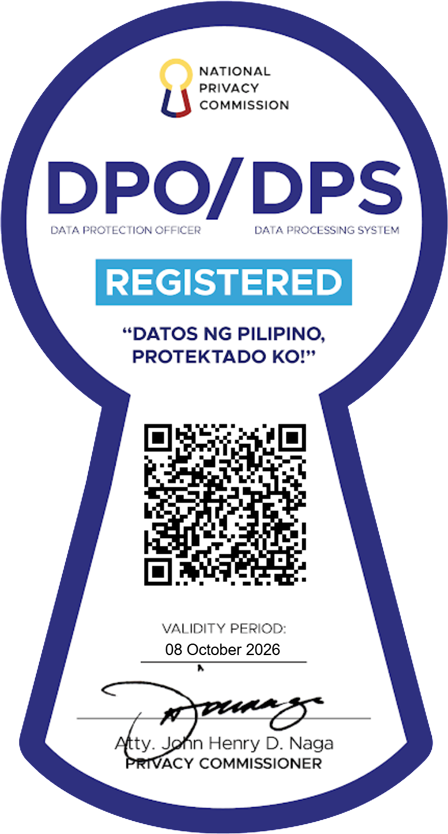Starting married life is an exciting journey—one filled with shared goals, new responsibilities, and big decisions for the future. One of the most important steps newlywed couples in the Philippines can take is planning their family early. Family planning isn’t just about preventing pregnancy; it’s about choosing the right time to start or expand your family, protecting your health, and ensuring you can provide the best future for your children.
Why Family Planning Matters
In the Philippines, many couples choose to delay pregnancy to focus on building their careers, strengthening their relationship, or preparing financially. Family planning helps you:
- Space pregnancies for better maternal and child health
- Avoid unplanned pregnancies
- Plan your goals as a couple
- Gain control and confidence over your reproductive future
Here are practical and realistic family planning tips every newly married couple should consider:
1. Talk Openly About Your Goals
Have honest conversations about when you want to have children, how many, and what your priorities are as a couple. Aligned expectations make decision-making easier and prevent stress down the road.
2. Consider Your Lifestyle and Finances
Family planning helps you prepare emotionally, physically, and financially. Think about your career plans, living situation, and savings. Spacing pregnancies gives couples enough time to adjust and build security.
3. Learn About Your Fertility
Understanding menstrual cycles, ovulation, and fertility windows can help you plan or delay pregnancy. This is especially helpful for couples who want to time their first child or space future pregnancies.
To support you, TRUST also offers products that help you track your fertility with confidence.
- TRUST Bloom Ovulation Test Kit – Helps determine your fertile window by detecting the surge in LH (luteinizing hormone), allowing you to better understand when you’re most likely to conceive.
- TRUST Clear Check Pregnancy Test Kit – Provides quick and reliable results so you can confirm pregnancy early and make informed decisions with your partner.
4. Choose a Method That Fits Your Needs
There’s no one-size-fits-all option. What matters is selecting a method that matches your comfort, health, and long-term plans. Newlyweds can rely on TRUSTed options from TRUST, available nationwide:
- TRUST Condoms – A non-hormonal barrier method that prevents pregnancy and helps protect against STIs. Easy to use, widely accessible, and available in natural variants and different scents for added comfort and preference.
- PREMIERE Condoms – Premium-quality condoms designed for added comfort, sensation, and reliability, while still offering dual protection against pregnancy and STIs. Available in a variety of options such as dotted, glow-in-the-dark, prolonged performance, and ultra-thin variants.
- Combined Oral Contraceptive Pills (Althea, Lady, and TRUST Pill) – Daily pills containing two hormones that prevent ovulation, regulate menstrual cycles, and reduce menstrual cramps. Ideal for women who want a reliable, routine-based method.
- Progestin-only Pills (Daphne) – A daily pill that uses only one hormone and is suitable for breastfeeding mothers or women who can’t take contraceptives with estrogen.
- Injectable Contraceptive (Lyndavel and Depotrust) – A hormonal shot given 3 months that offers long-lasting, low-maintenance pregnancy prevention.
- Intrauterine Device (TRUST Copper T IUD) – A non-hormonal, long-term method placed in the uterus by a trained healthcare provider. It can protect against pregnancy for up to 10 years and can be removed anytime if you decide to start planning for a baby.
- Two-rod Implant (Levoplant) – A long-acting reversible contraceptive that provides effective pregnancy prevention for up to three years. It works by placing two small, flexible rods under the skin of your upper arm. These rods steadily release levonorgestrel—the same hormone commonly used in oral contraceptive pills.
For more information on these methods, visit this page.
Go to this page to find out where these products are available.
5. Visit a Healthcare Provider Together
Consulting a doctor or family planning counselor can help you understand which method is safest and most effective for your health profile. Couples who plan together feel more confident and supported.
6. Review and Adjust Your Plans Over Time
Your needs may change—new jobs, health conditions, or shifting priorities. Family planning is flexible, and it’s okay to change methods as your relationship and goals evolve.
—
Family planning is an act of love—one that helps you build the future you envision together. By choosing the right method and staying aligned as a couple, you take meaningful steps toward a stronger, healthier, and more prepared marriage.








